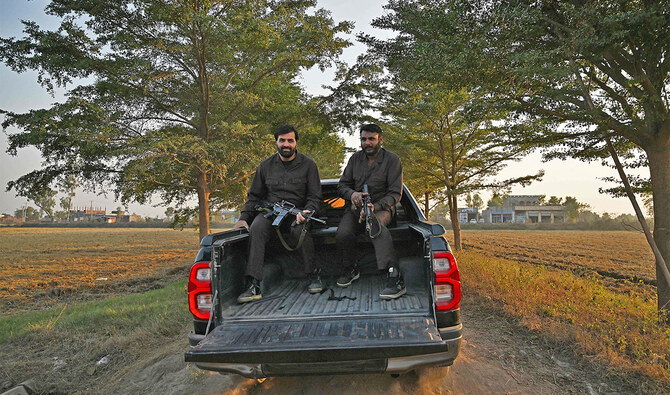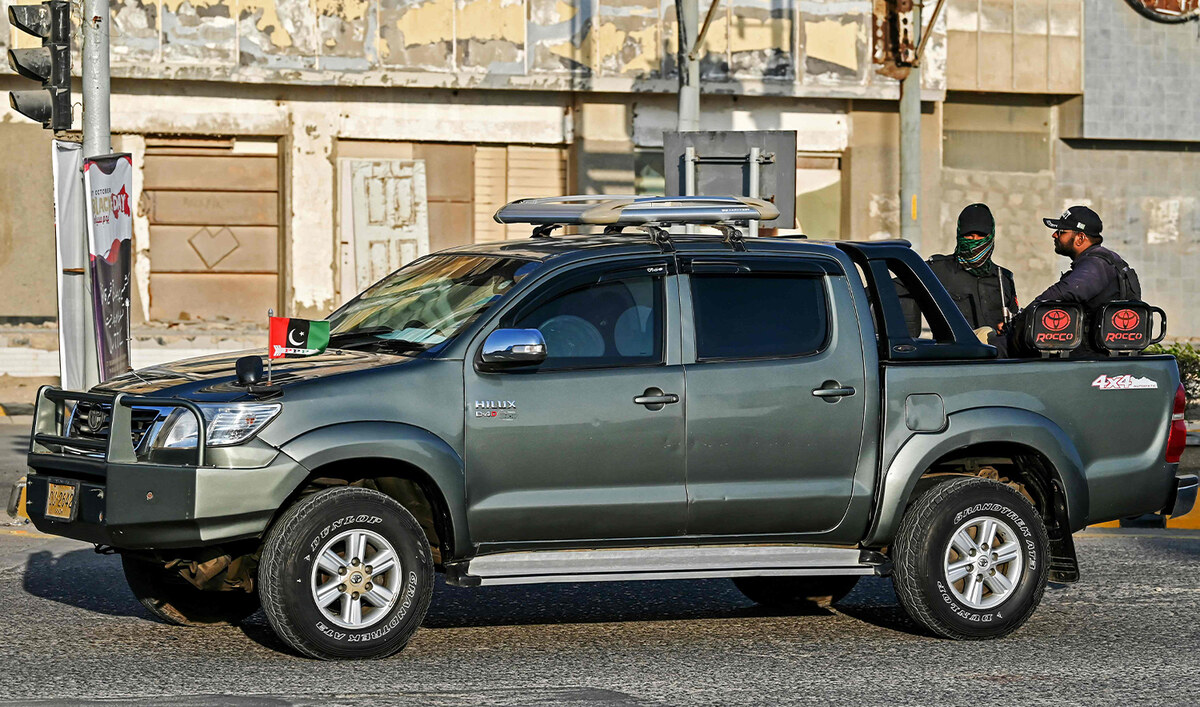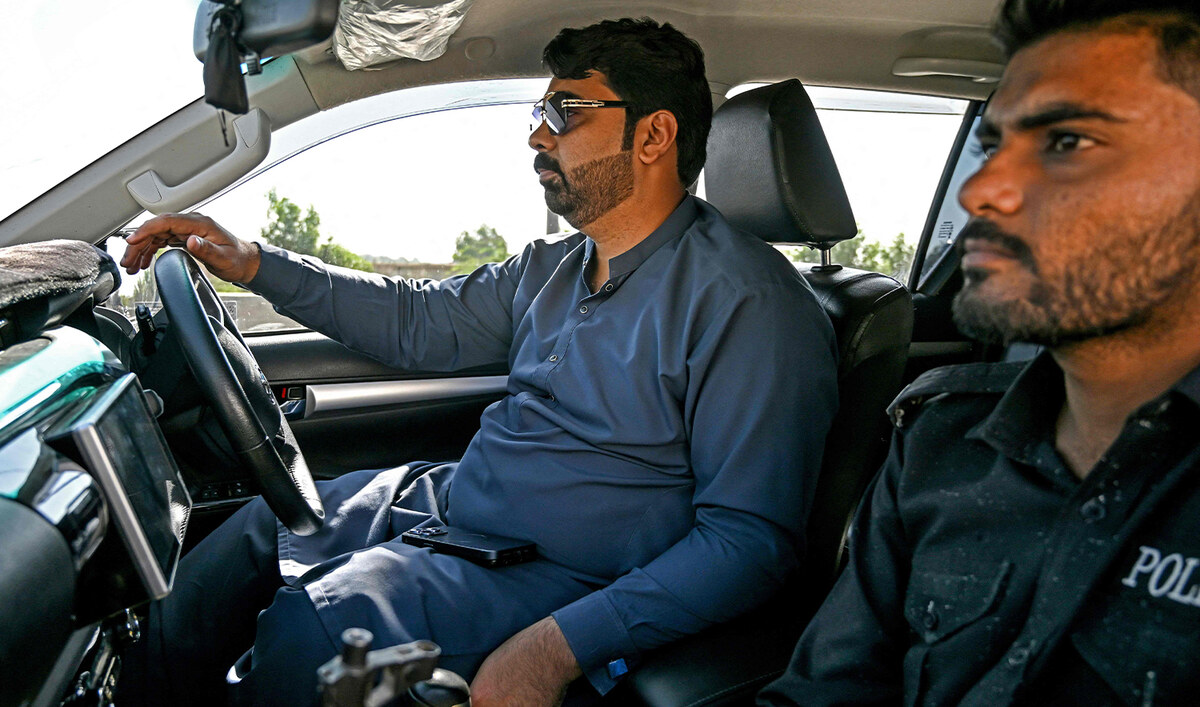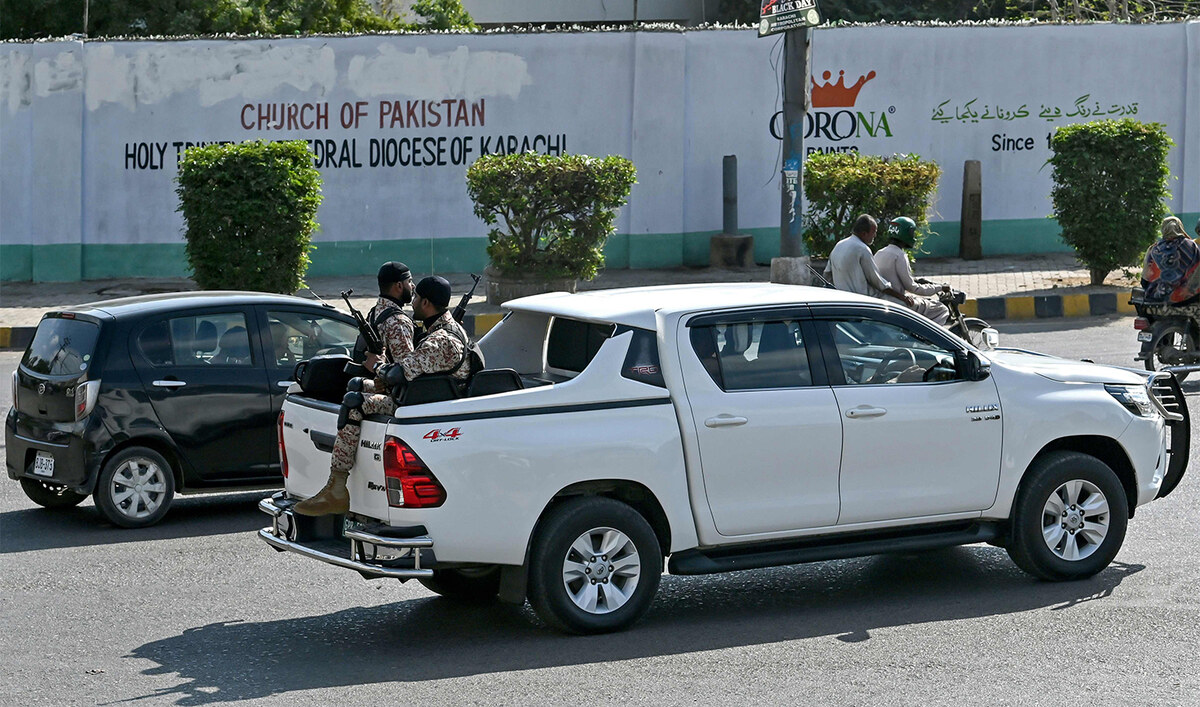DUBAI: When Saudi filmmaker Khalid Fahad received the script for his latest project — the Netflix movie “From the Ashes” — it didn’t take him long to sign up.
“I got attached to the characters, I got attached to the ‘villains,’ I got attached to the idea that we, as a society, make a villain, then we judge him or her for their badness,” Fahad tells Arab News. “I related to the idea that parental pressure can make someone make a mistake. And I wanted to tell people that what happens in a school can be because of what we do in our homes. The school is responsible for educating children, but kids learn a lot from each other, and kids can be aggressive or very kind depending on their parents’ guidance.”
The film garnered attention ahead of its January release in part because of the real-life events that inspired it. It is set on the campus of an all-girls’ school in Saudi Arabia in which a fire breaks out, resulting in several deaths — echoing the 2002 fire at a school for girls in Makkah that left 15 students dead and many more injured.

Caption
However, Fahad is quick to stress that “From the Ashes” is not a retelling of that incident.
“The writers went with their own — different — story,” he says. “The film’s not really about the fire; it’s about the relationship between the schoolgirls and the teachers and the parents. Some of the girls get bullied, and if we don’t address bullying in schools, then bad things can happen. That’s the real message that we wanted to deliver. These incidents — bullying, or arson, or vandalism — we wanted to show that they happen because of relationships between people and to look at why they’re doing this to each other. What’s the real reason for harming other people?”
There are several such reasons raised in the film — from parental pressure to outperform one’s peers to institutionalized tendencies to label kids as ‘good’ or ‘bad’ without really trying to understand their circumstances or the underlying causes of their behavior.

Fahad on the set of 'From the Ashes.' (Supplied)
For a film dealing with such nuanced topics, and so many strong emotions, Fahad knew the casting, particularly for the students, would be crucial.
“For the teachers, it wasn’t hard because we have some expert actresses,” he says. “But for the students, it was very hard to find new people who fit these roles. It took five or six days of auditioning to find the right people.”
When they did find them, Fahad’s experience of working with young actors (as he did in his debut feature, last year’s fantasy adventure “Valley Road”) came to the fore.

Saudi actress Shaima Al Tayeb in 'From the Ashes.' (Supplied)
“My previous project taught me a lot about how to work with kids, which was very hard for me at first. It taught me what they need from me: I need to be their best friend, to tell them what I need and they’ll do their best to give that to me, in terms of emotion. All of them were very talented and I think this film will open the door for them to enter the industry.”
The Kingdom’s still-nascent movie industry can only benefit from the younger generation picking up valuable experience on well-funded projects such as “From the Ashes,” which — despite the rapid growth — are still relatively thin on the ground.
“Our industry is still young,” Fahad says. “It’s hard enough just making one film. In terms of capacity, I think it’s very hard to do, like, 10 movies in one year in Saudi Arabia.”
Despite that, Fahad is only optimistic about the near future.
“It’s a great time to be a Saudi filmmaker,” he says. “Everything is open, everything is new. And it’s OK to make mistakes. If you go into the industry in any other country — say, Egypt or Bollywood — there’s no way you can make mistakes, because there’s history there. But for us, mistakes are OK; we’ve just started and we want to learn from our mistakes.
“But we also have to respect those companies that want to invest in our country and tell our stories,” he adds. “So there’s a balance necessary — we have to take those projects very seriously and deal with them respectfully and professionally.”
That was clearly the case with “From the Ashes,” and Netflix has been well rewarded for its faith in the film. It made the list of the Top 10 non-English movies on Netflix in 37 countries, accumulating more than 7 million views in a little over a fortnight.
“I’ve had comments from Mexico, from Spain, talking about bullies and how girls get into fights in schools — it’s similar to their schools,” says Fahad. “And this tells me that we’ve so much in common with other societies. It’s relatable for other people, which is very good. The message that we wanted to deliver is delivered.”






















